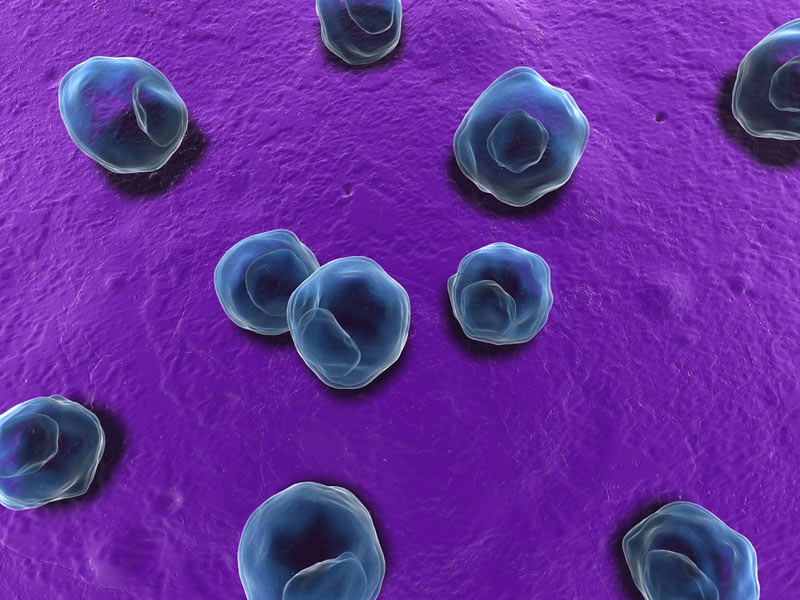Some Vaginal Bacteria May Raise Risk of STDs

Get the world’s most fascinating discoveries delivered straight to your inbox.
You are now subscribed
Your newsletter sign-up was successful
Want to add more newsletters?
Join the club
Get full access to premium articles, exclusive features and a growing list of member rewards.
Certain types of vaginal bacteria may increase a woman's risk of contracting chlamydia, a new study from the Netherlands suggests.
The study involved 115 healthy women ages 16 to 29; they were screened for chlamydia yearly for two consecutive years at a clinic in Amsterdam. Participants gave vaginal swab samples that were analyzed not only for chlamydia, but also for other bacteria that naturally live in the vagina and are generally not thought to be harmful — the so-called "vaginal microbiota."
Sixty women tested negative for chlamydia on their first visit but positive at their second visit, a year later. Their vaginal microbiota results were compared to those of 55 women who tested negative for chlamydia at both visits. [7 Facts Women (And Men) Should Know About the Vagina]
Regardless of their chlamydia test results, most of the women had a vaginal microbiota that was dominated by Lactobacillus, a group of "friendly" bacteria that consists of many different species. Lactobacillus bacteria are commonly found in the urinary, digestive and genital tracts, but they do not cause disease, according to the National Institutes of Health.
However, the study found that women who had a vaginal microbiota that was dominated by the species Lactobacillus iners were at increased risk for chlamydia infection, compared with women whose vaginal microbiota was dominated by a different type of Lactobacillus.
The findings suggest that "specific 'signatures' of vaginal microbiota could" indicate a woman's risk of acquiring sexually transmitted infections (STIs), the researchers wrote in their paper, published online today (Sept. 25) in the journal Sexually Transmitted Infections.
Previous studies suggested that Lactobacillus bacteria generally helped protect against sexually transmitted diseases. However, the new study suggests that Lactobacillus is not necessarily protective. Rather, "the specific species … of Lactobacillus is also of great importance to determine whether the vaginal microbiota can contribute to susceptibility to or protection against STIs," the researchers said.
Get the world’s most fascinating discoveries delivered straight to your inbox.
The scientists noted that their study was relatively small, and so the findings should be confirmed in a larger group of women. In addition, future studies should ideally collect vaginal samples more than once a year, to examine changes in the vaginal microbiota in greater detail, the researchers said.
Chlamydia is one of the most common sexually transmitted infections in industrialized countries, the researchers said. An estimated 2.8 million chlamydia infections occur each year in the United States, according to the Centers for Disease Control and Prevention. Although chlamydia usually doesn't cause symptoms, it can lead to serious complications in women, such as pelvic inflammatory disease and infertility, the CDC says.
Original article on Live Science.

Rachael is a Live Science contributor, and was a former channel editor and senior writer for Live Science between 2010 and 2022. She has a master's degree in journalism from New York University's Science, Health and Environmental Reporting Program. She also holds a B.S. in molecular biology and an M.S. in biology from the University of California, San Diego. Her work has appeared in Scienceline, The Washington Post and Scientific American.
 Live Science Plus
Live Science Plus










